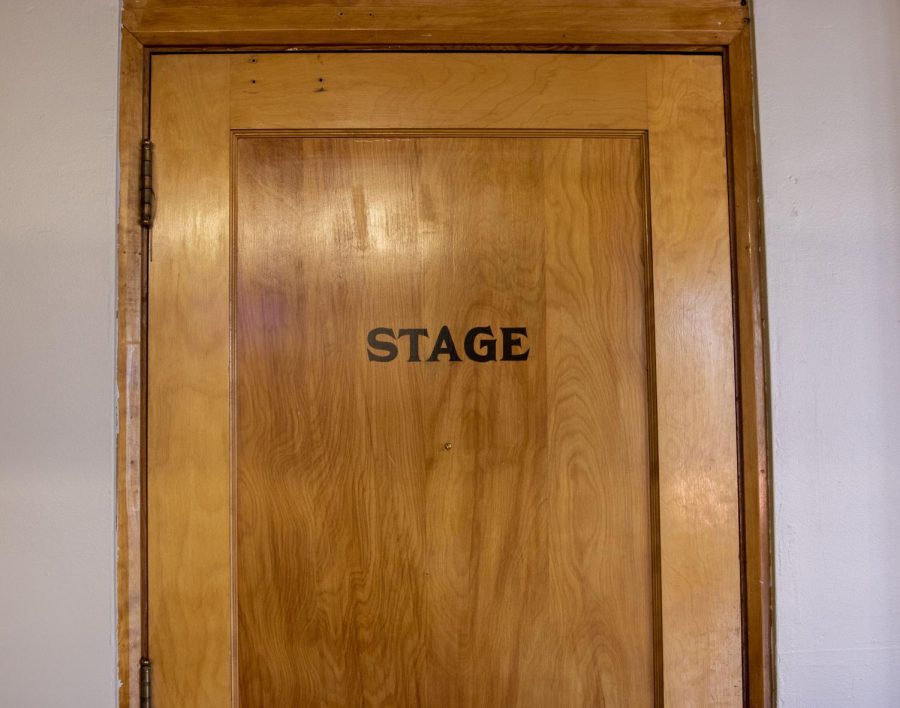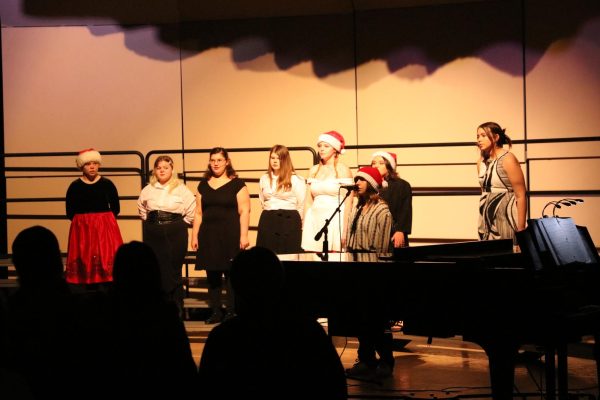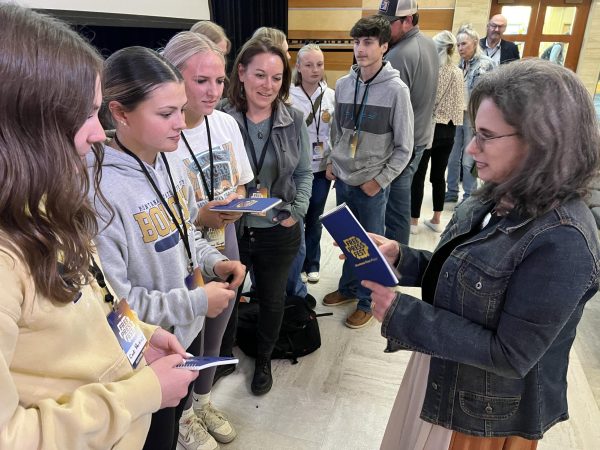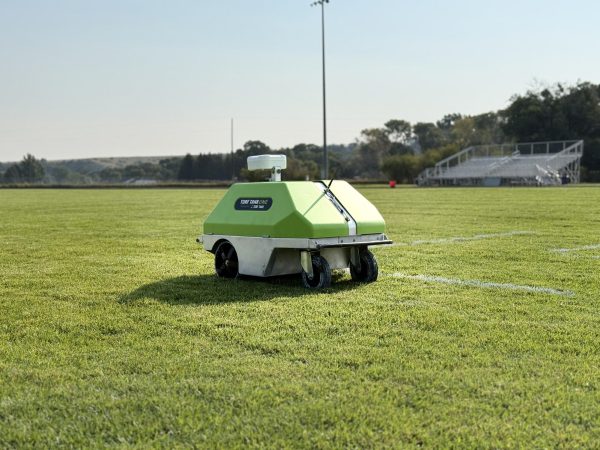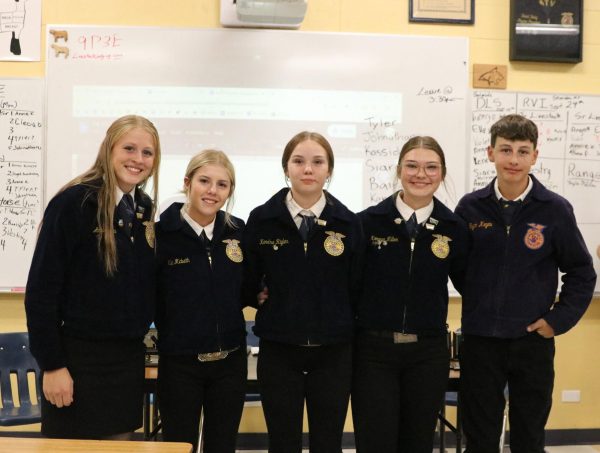Doors open at entertainment venues but challenges remain
Although the world is starting to return to normal life, every industry is still struggling daily with unemployment and the continuation of COVID-19. The CDC says to social distance and lessen in-person contact; for the entertainment industry this has been their hardest curtain to close yet. Places like movie theaters, bowling alleys, and performing arts centers were shut down, unable to open to full capacity or at all. Now that we are all recovering from COVID, the entertainment businesses in Livingston have begun to journey back to business as usual.
The Shane Lalani Center for the Arts is a non-profit performing center that is beloved in Livingston. Through these past two challenging years, it has been able to stay open and keep its permanent staff on payroll due to the generosity of the Shane Center’s donors. They even raised enough money to be able to begin work on extending the building and its facilities.
Within the past two years, coming together as a community and interacting with one another has become a harder task due to COVID restrictions and social distancing. This has put The Shane Lalani Center through the wringer, with having to close their theatre, and not being able to offer full capacity seating, which costs them vital revenue.
According to the executive director, Erika Adams, “We have to rebuild the participation and active engagement in our community.” She believes that after being separated for so long we have become focused on our differences and what divides us, rather than the similarities that bring us together as good people. “Please remember everyone has their own challenges, their own cross to bear. Treat people with kindness and empathy,” suggests Adams.
Livingston’s only movie theatre, The Empire Twin, has struggled the most with COVID restrictions and nationwide employee shortages. They had to close for three months. This was a huge blow to the business because even on their busiest days they don’t make much, so it was a loss of a constant flow of revenue. When they were able to reopen, new movies were not coming out, which meant there was no incentive for people to come in, unless they wanted to see older movies.
When it comes to employees the theatre often hires teenagers, as it’s the perfect after-school job. Manager Kyle Ritterbush says that the job is relatively easy and isn’t a sustainable job for an adult shouldering regular expenses, so high-schoolers willing to work hard and go the extra mile are a nice sight. However, due to kids moving on after high school the theatre has been short on workers. Usually the theatre finds new employees through current employees by spreading the word to other kids. Ritterbush says the latest problem they’ve faced with hiring is getting people to even fill out an application.

